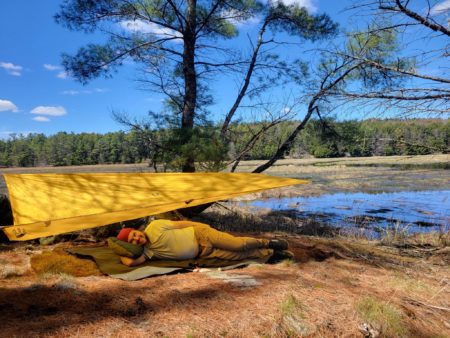Yesterday I attended a scholarly memorial conference for Professor Douglas Macdonald, from U of T’s School of the Environment.
I worked for him as a TA in 2015–16, in the environmental decision-making course (ENV1001) at the core of the collaborative specialization in environmental studies. I also knew him from various on-campus climate science / policy / activism events.
Between sessions in which people shared kind personal tributes, I picked up Macdonald’s earlier books (having used his final book Carbon Province, Hydro Province in my PhD research). They provide an intriguing opportunity to compare the environmental movement of the 1990s and before with what is happening now.
In The Politics of Pollution (1991), Professor Macdonald makes some observations about Canadian political culture with respect to the environment:
Canada’s global location has two major implications for environmental politics. First, as a northern nation, no matter how much we may insulate ourselves by living in cities, huddled close to the southern border, we Canadians think of ourselves as living in a northern land — looking instinctively to the north, just as Americans look to the west — which means, by definition, living in what is often a hostile and cold environment. Thus, the simple fact of geography has contributed to the “garrison mentality” described by Northrop Frye and others, in which the human and natural worlds are viewed, at least by the non-aboriginal population, with fear and suspicion from behind the stockade walls. The harsh rigour of a northern environment historically reinforced the Canadian perception, brought over from Europe, of this northern environment being something to be feared and, therefore, to be dominated and exploited.
But a northern environment does not lead only to alienation from the land. It also offers the purity of ice and snow and the stillness and quiet beauty of rock and trees encircling a northern lake. Above all, our North American environment offers a sense of being new, fresh, and unsullied. Like the Americans, although to a lesser degree because we did not sever our ties to Europe by means of revolution, we have traditionally seen ourselves as a people who by crossing the ocean left the decadence of the old world and came to live in a new one. For Americans this fostered a conviction of moral superiority; in Canada it produced something very different — a perception of innocence. Canadians see themselves as venturing forth from their new land to do nothing but good in the world, perhaps naive but certainly well-meaning and unburdened by the guilt and corruption of world power. (p. 47–8)
In the end, nearly everything which I said about Carbon Province, Hydro Province in my dissertation ended up being in sections that were cut for length. After I get through Robarts Library’s only physical copies of his two prior books, perhaps I will move those thoughts into a blog post or two.





